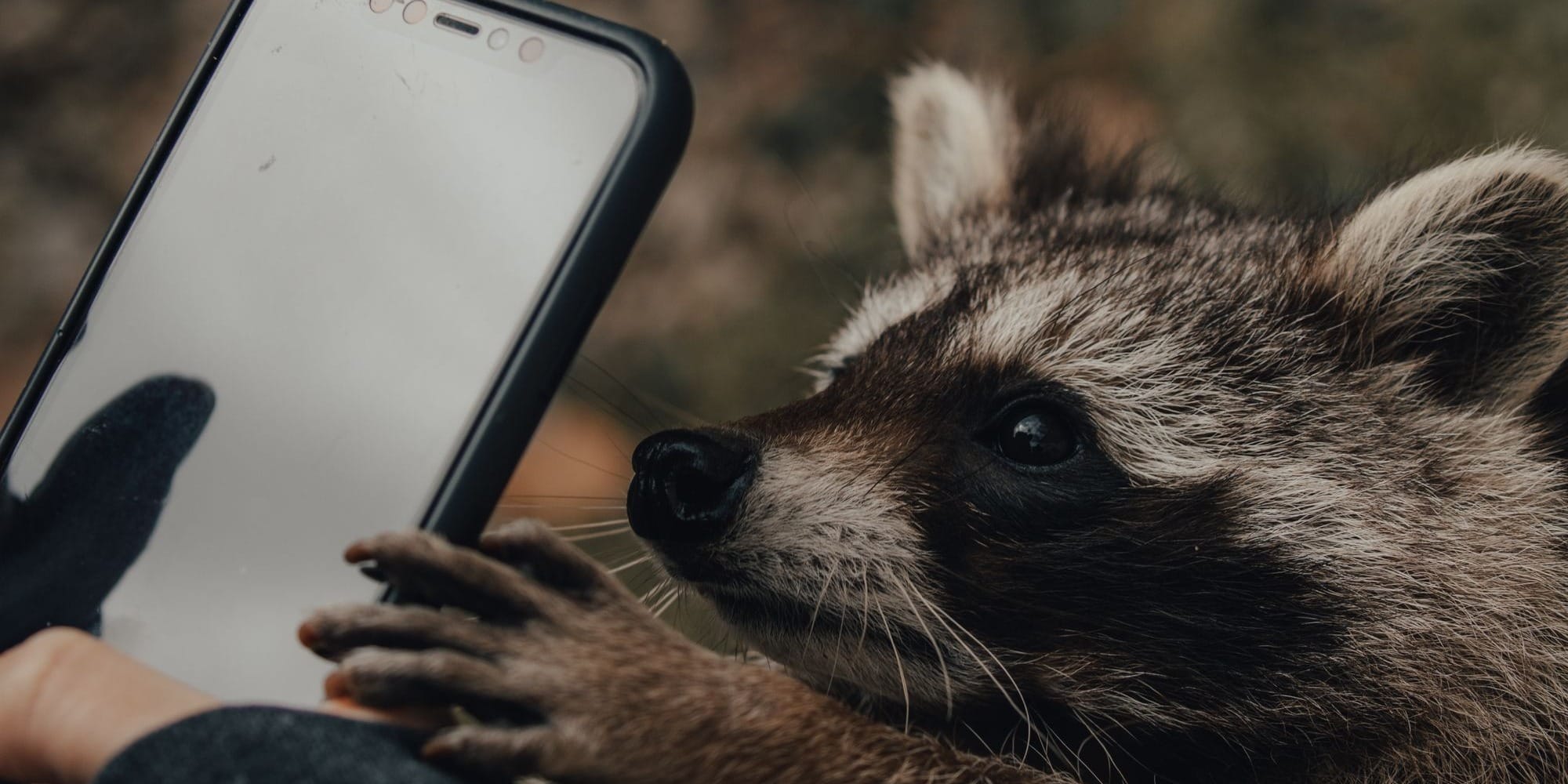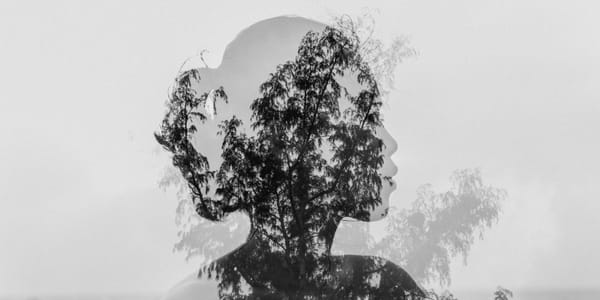Human, by definition in biology, is just animal.
Like most animals, we have cells with genetic material, lungs, a nervous system, a heart, a brain, and other components. And we move to gain energy and feed our bodies, excreting unprocessed waste. Nothing special.
If we leave our technology, take off our clothes, and go to the forest, we’ll be just like other creatures. But we are not. And today, we distinguish ourselves from nature to the degree that it’s hard to believe our ancestors lived in the wild.
Many people think that it’s all because of our mental capability — that we are the only creatures with a mind. But that seems not to be the case. Our minds can work better, yet other animals also have access to this tool.
Apart from science, in various cultures, e.g., ancient Greek philosophy or Buddhism, there is even a doctrine — Panpsychism, suggesting that all mater have mind-like qualities. Modern science seems to agree with this.
Then, why are we so different? What makes this crucial difference that we, and not chimpanzees, drive cars, build cities, and fly over the sky?
I decided to find out.
What We Really Do Differently than Most Animals?
I remember when my philosophy professor asked this question in college. And I thought to myself: “Oh, c'mon, we do everything differently.”
But it turns out there aren’t so many differences — we are pretty much the same genetically. And this puts similar life conditions for any animals — every genre needs to do things like drink, eat, sleep, and reproduce.
Yet, the first large difference is that we don’t limit ourselves to what is natural. This way, maybe we don’t have huge claws to cut things, but we invented sharp tools to do so. And we can’t fly, but we built machines for it.
Also, we are the only animals that don’t limit themselves to raw meat but process it by fire. And we don’t eat whatever we find in nature but process food by various other methods like drying, pickling, or freeze-drying.
The second difference is that we seek pleasure even in natural and necessary activities like eating or copulation. We don’t eat just to be full, and we don’t copulate just to reproduce ourselves. No, we created whole cultures around these processes — cooking and sex cultures.
And the third difference is that we have needs outside existential needs that have nothing to do with mere survival. We invest a huge amount of time and resources in art and culture to fulfill our emotional and psychological needs through theater, cinema, art, and others.
Human as a Social Animal
Aristotle wrote in his work — Politics:
“Man is by nature a social animal.”
And this — social nature is the key to understanding why we are so unique.
I came across a study by Magnus Enquist from Stockholm University. The professor ran a simulation in which he compared how many problems an individual can solve using various methods. The results:
- Individual learning solved 8 problems
- Thinking without cultural knowledge solved 18 problems
- Social learning solved 49 problems
- Thinking + Social learning solved 3583 problems
And so it’s not our genetic capability that makes us so different from other animals, but our culture. If we lived on our own, most of us wouldn’t invent fire, wheels, or anything like that. And as a result of this, we would live the same as any other animals, relying on our genetics.
But humans used to pass even the most primitive tools with the knowledge of how to use them to the next generations. And so every next generation started life with an advantage over other animals.
And this created the difference we see today — we wouldn’t be so great if we had to develop from scratch alone and compete with each other like animals in the jungle. But each of us goes through a long education process before we even join human society.
The Great Importance of Society and Culture
Yes, we invented great things and have the skill of passing information to the next generations. Yet it would be useless if we wouldn’t spend almost a quarter of our lives in childhood. And it’s really unique to the animal world.
We let our children develop physically and mentally for 18 to 25 years in our Western world before they become adults. And we invest so many resources to let young humans develop in peace and join our society as valuable citizens when they are ready.
In comparison, chimpanzees can also have a long childhood of even several years, but they don’t get as much care as we do. When a chimpanzee baby is no longer breastfed — around the age of four, the mother rarely provides any more food directly.
Yet it’s not only the length of childhood but its intensity that shows difference even within the human race. Primary education in the United States and most European countries is mandatory until 16–18 years of age and public — free and open for all.
But it’s not so colorful for poor countries, where education barely exists. And this shows that we aren’t so awesome because of our genetics — some humans still fight for survival and live in the wild, but our society and culture make us look so evolved.
The Takeaway
We like to think of ourselves as special creatures and forget that we are essentially animals. And no wonder, as our world — especially large cities with skyscrapers, looks nothing like the animal world we may watch on some nature channel on TV.
Of course, it’s nothing bad — we used our skills perfectly to shape a world where most of our children don’t need to worry about survival and have approximately 20 years of childhood. But let’s not forget what makes us so great and be a little humble.
Also, since our ancestors gave us this advantage, now it’s our turn to pass it on to the next generations.
And this puts an interesting perspective on everything we do and create in our lives. We indeed shape the environment — society and its culture, for the next generations to let them progress even further.







